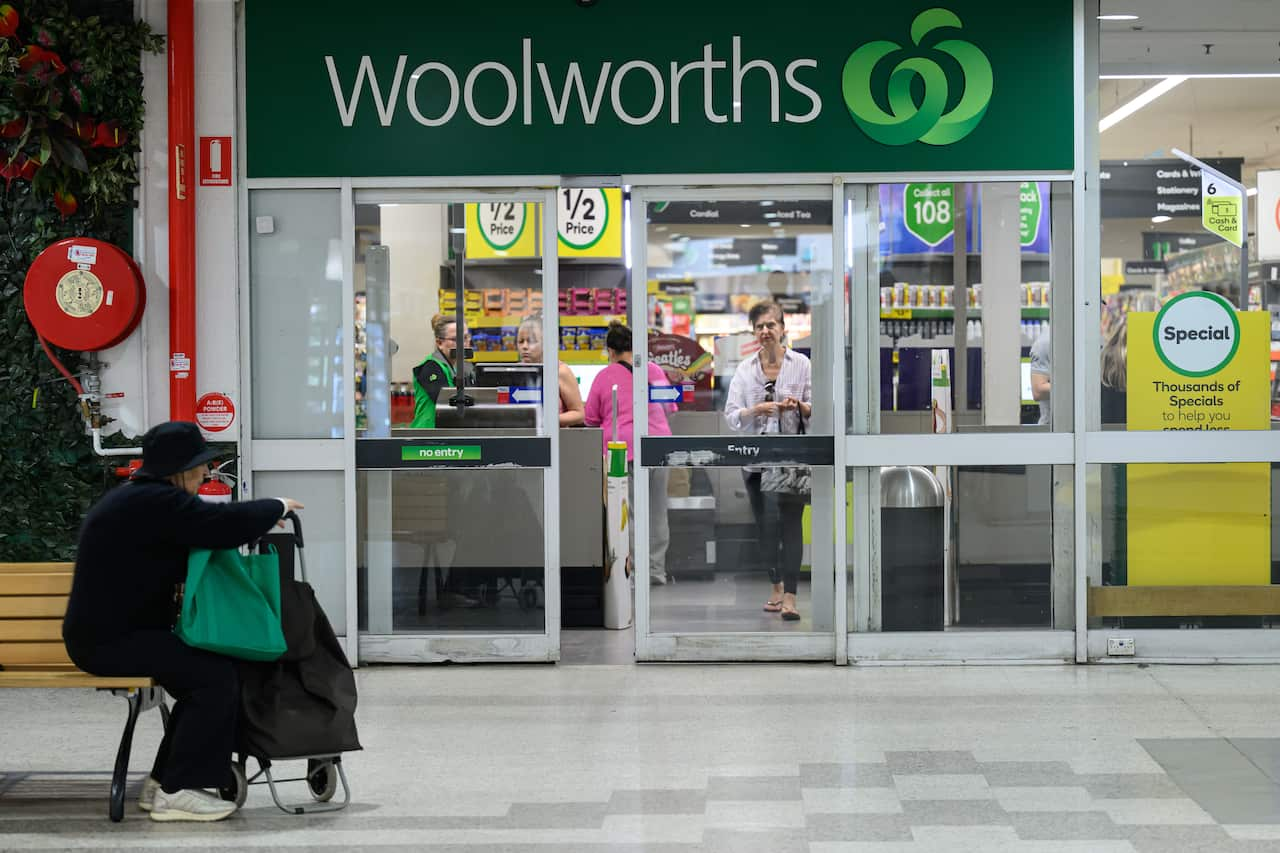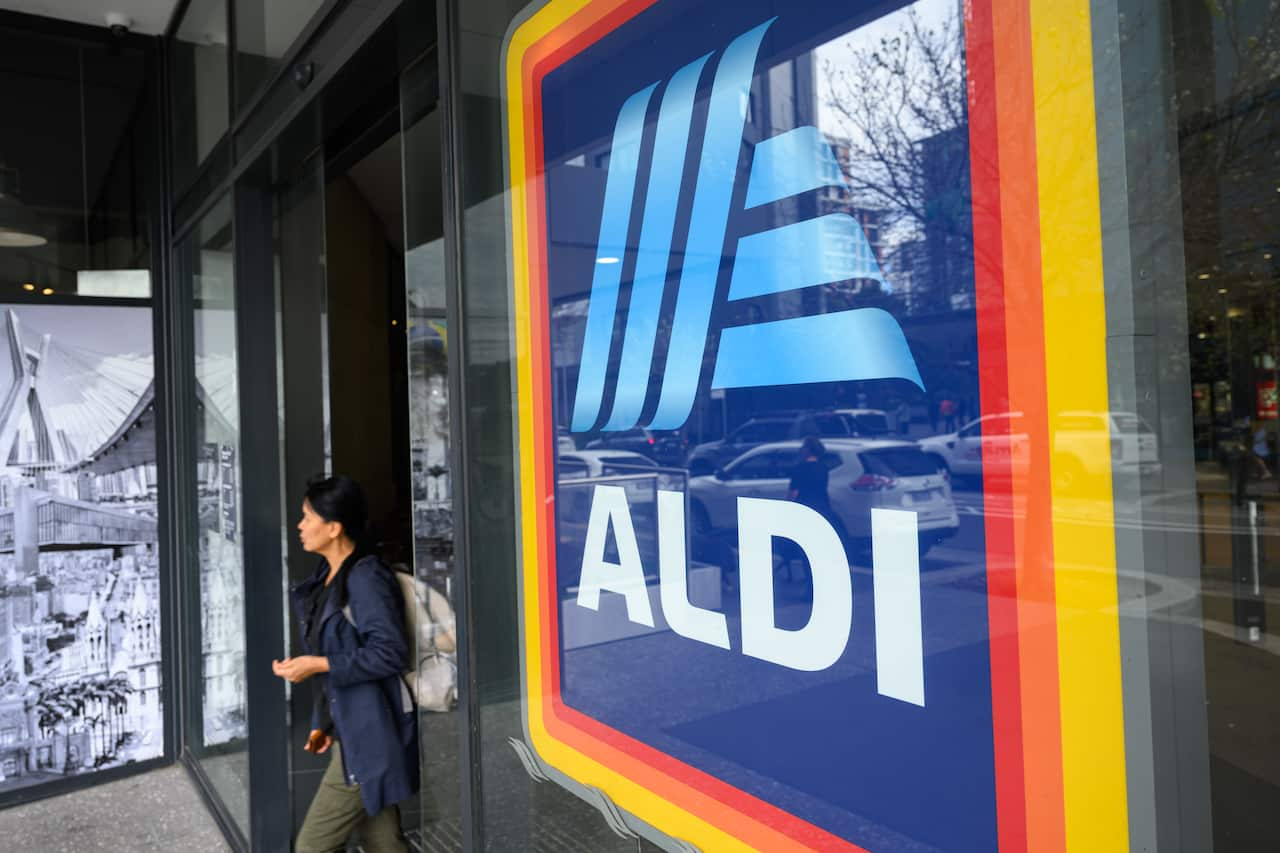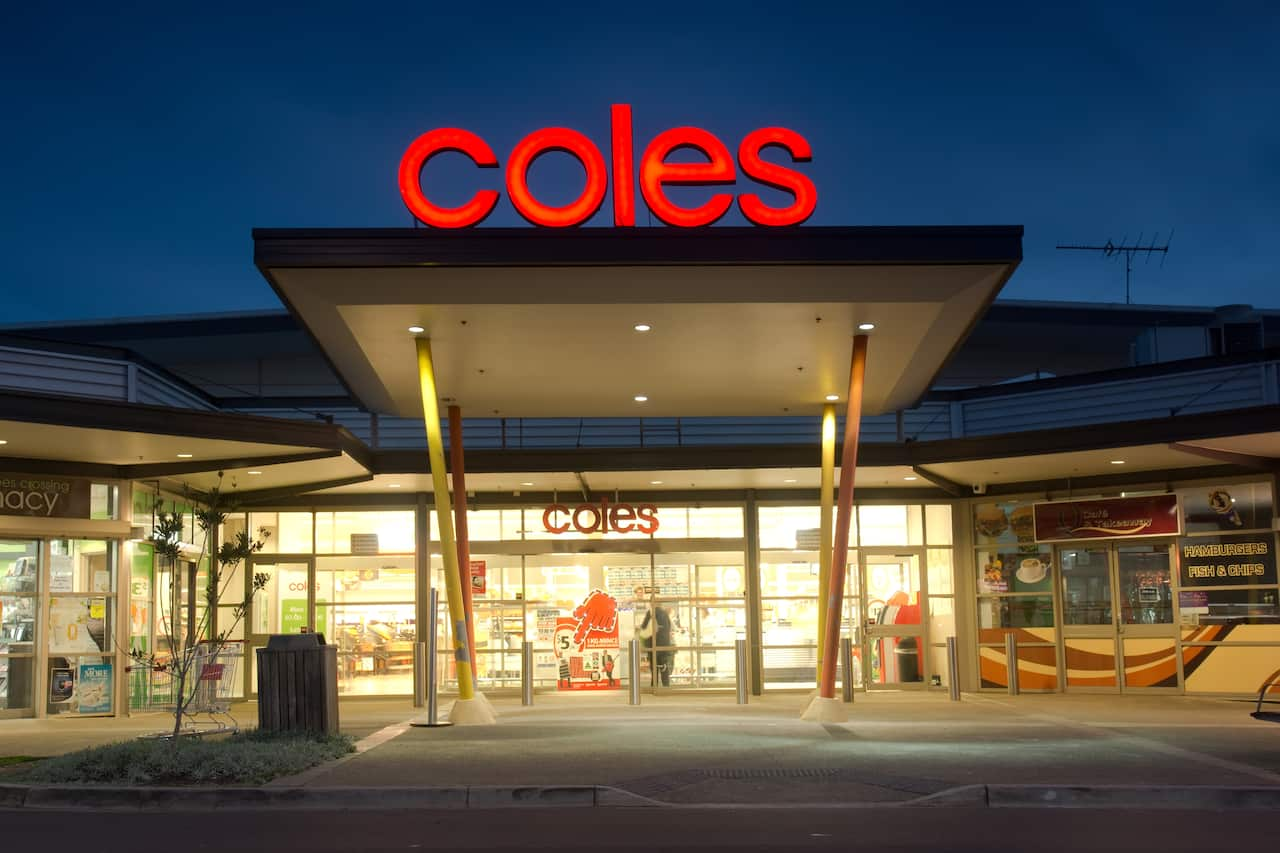What we heard in the supermarkets inquiry: From land banking to ‘clickbait’
Key Points
- The ACCC is examining supermarket price-setting practices, retail competition, supply chains and profit margins.
- Suppliers and smaller operators accused Coles and Woolworths of practices that could stifle competition.
- The ACCC’s final report will be handed down by late February.
Together Coles and Woolworths control 67 per cent of the national market in what the ACCC described as an as an “oligopoly”.
Selling at a loss
Lucy Gregg told the inquiry “Sometimes [supermarkets] sell below what they’ve bought it for, but also at the same time the grower is often selling below the cost of production as well,” she said, according to the ABC.
Supplier holidays
The ACCC asked both companies about a practice it had been told was referred to as a “supplier holiday”.

Woolworths denied using a tactic known as a “supplier holiday” where a supplier not content with a price offered by the supermarket for their produce would miss out on business for a period. Source: Getty / James Gourley
It said it was informed that some supermarket suppliers received prices below the cost of production from major chains, with little choice but to agree to unfavourable terms because of the grocers’ market heft.
And Woolworths said suppliers with concerns were able to register concerns through the company’s integrity policy.
IGA supplier alleges land banking
In its submission published in the commission’s interim report, Metcash said “Coles and Woolworths – which dominate two-thirds of the grocery market – can afford longer development timelines than independent grocers and snap up land they may not develop for some time.”
A Woolworths spokesperson said it owned different sites for “different reasons”, while a Coles representative said once the business identified gaps in the market, it could take up to seven years to procure a site and plan a development.
Aldi at the inquiry
According to national buying managing director Jordan Lack, that denied more customers the opportunity to shop with the brand and save money, as it benchmarked between a 15 and 20 per cent gap with its major rivals.

Germain retailer Aldi accounts for 10 per cent of all supermarkets in Australia, and is the third largest operator. Source: Getty / James Gourley
The discount supermarket is the closest competitor to Coles and Woolworths yet distant, attracting about 10 per cent of the market with fewer than 600 stores, while the dominant pair together control about two-thirds of supermarket sales nationwide.
“We are looking for our product range we stock to be as efficient and as effective as possible … we don’t want to have a long tail of products within our range,” Lack said.
Crowding out competition?
Consumer group Choice earlier told the inquiry the practice could increase choice and lower prices in the short-term, however it could crowd out competitors in the long run and leave Coles products as the only, more expensive option.

During the ACCC public hearings Coles denied it “sits out” fresh produce suppliers who challenge the supermarket giant’s pricing. Source: Getty / Kokkai Ng
But Coles boss Leah Weckert denied the products were launched to undercut previous suppliers.
Executives also denied a lack of clear labelling to show a product was Coles-owned was a transparency issue, because the supermarket’s name would still be listed somewhere on the item.
Further considerations
With additional reporting by the Australian Associated Press.





